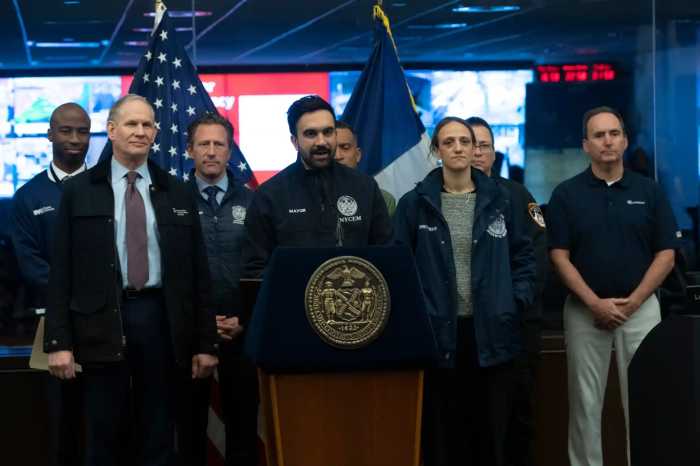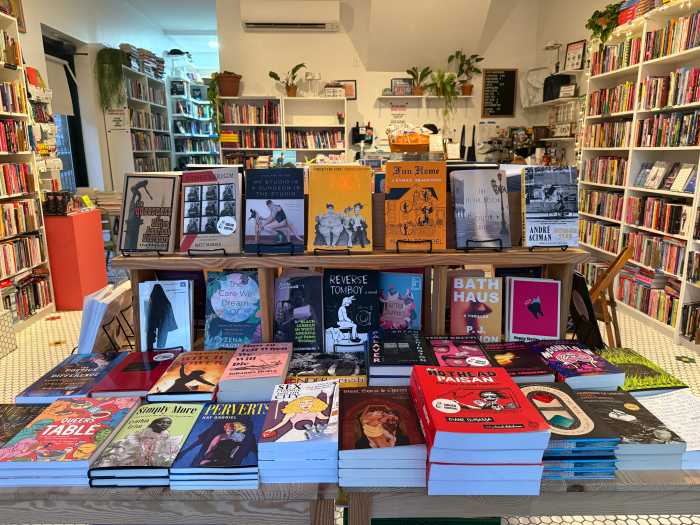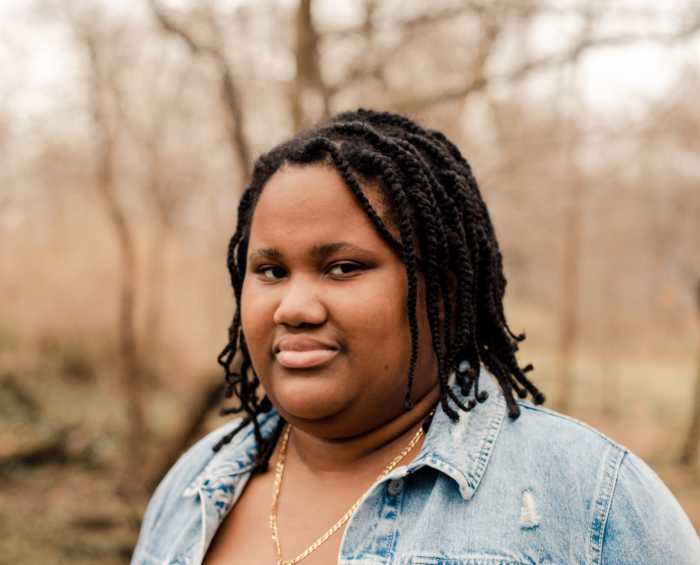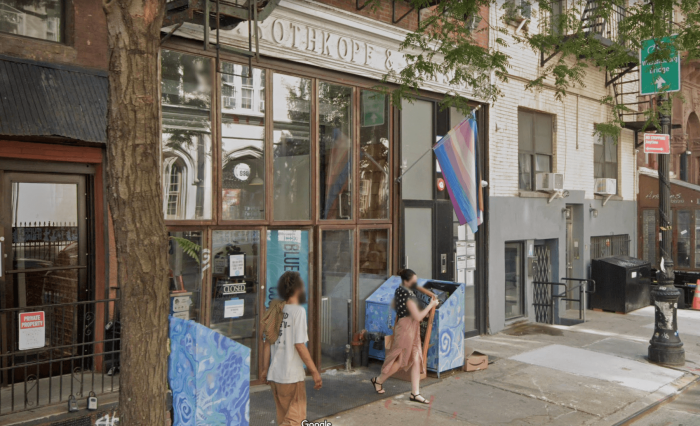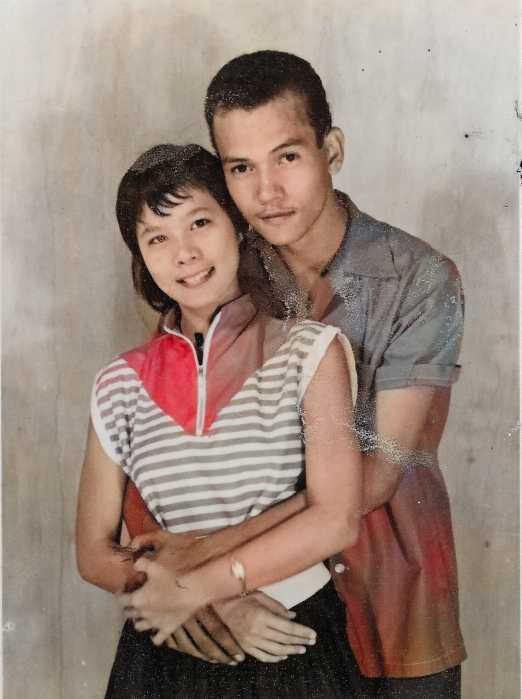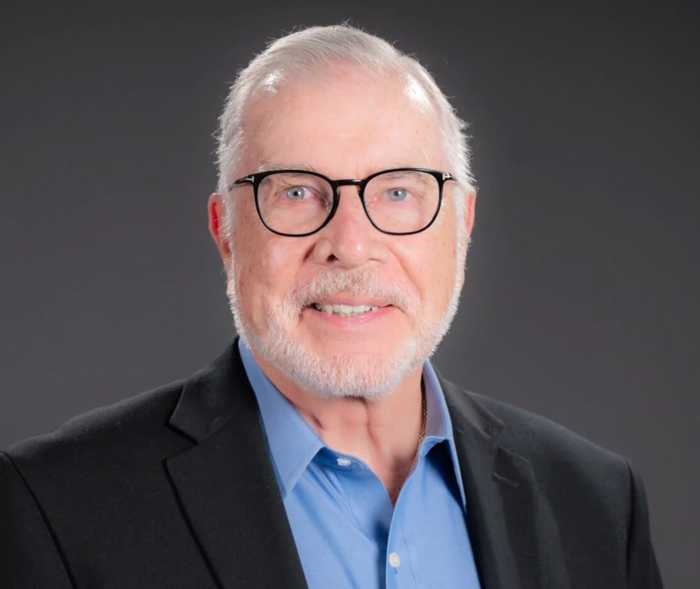As a customer, K. Kerimian always enjoyed visiting bookstores, but when they would ask workers about the whereabouts of the queer section, they started noticing a pattern.
“I would be met with, ‘There isn’t one,’ or a catchall of ‘Here is all the marginalized identities,’” said K. Kerimian, who is trans, non-binary, and queer.
Those blind spots helped motivate Kerimian, a self-described “career bookseller,” to take matters into their own hands in the midst of the COVID-19 pandemic, which also coincided with the rise of a new era of mutual aid and widespread social isolation. The era also gave way to disturbing efforts to ban books: In 2022, the American Library Association tallied 1,269 attempts to bar books or otherwise restrict them from libraries, which was nearly double the existing record that was set in 2021.
Kerimian decided to launch the Nonbinarian Book Bike, a mobile service in which they would ride a three-wheeled bicycle around Brooklyn to distribute free queer books to the community. After two years of cycling around the borough, Kerimian opted to open a brick-and-mortar bookstore with a team of volunteers at 1130 President St. in Brooklyn.
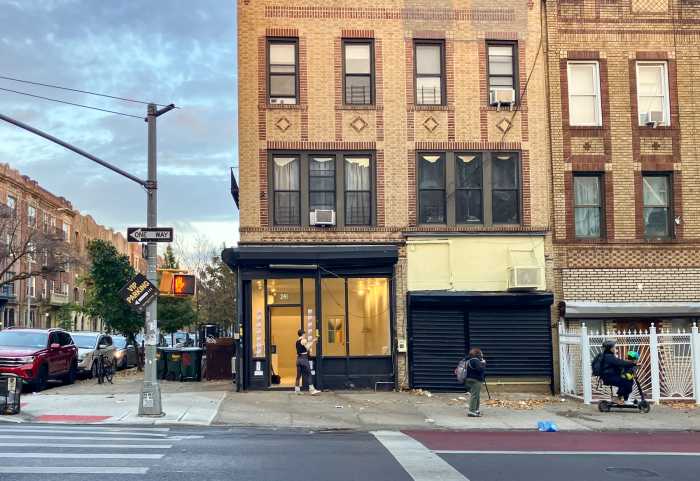
The book bike initiative continued, but it hit a major snag on April 2. Kerimian arrived at the bookstore and noticed the bike was gone.
“It was really kind of a shock,” Kerimian said. “All sides of the bike say our name and it’s kind of like, who would take this? We weren’t inclined to jump to the conclusion of it being a hate crime, but by virtue of it being a community service, it’s not just tangible — it’s what it provides to the community, it’s the symbol of solidarity that people took from us.”
Despite the sudden loss of the bike, the community stepped up in a big way, raising $6,000 through GoFundMe, making it possible for Kerimian to purchase a new book bike.
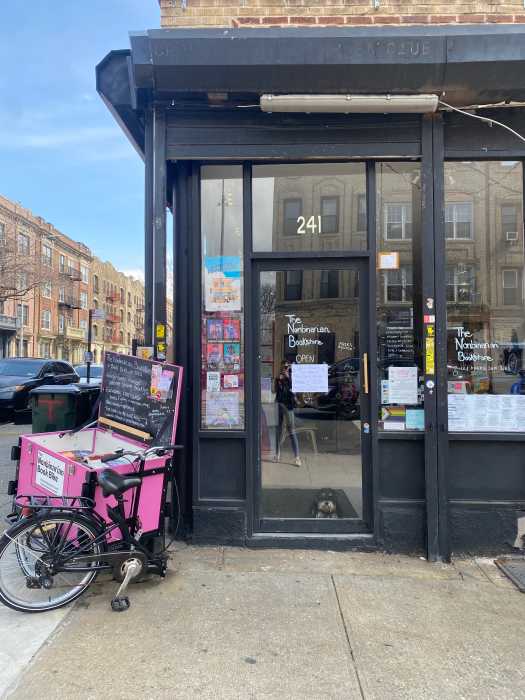
“Because we commissioned the [original] book bike in 2022, we contacted the same maker and said what happened and basically that we wanted the same thing,” Kerimian explained. “And we were able to crowdfund enough to cover what was the initial quote from the bike in the first place and a little bit of the insurance that came through.”
The new bike will be crate-shipped to the bookstore “hopefully in time for Pride,” Kerimian said.
In the meantime, the brick-and-mortar store is filling the gap left by the temporary loss of the bike. Every book in the store is authored by a queer writer, Kerimian said, and the bookstore is strategically located near the Brooklyn Community Pride Center.
The store has a “gay-what-you-can” policy to allow for a sliding scale for folks who may not be able to afford the costs of books. Kerimian recalled witnessing situations at other bookstores where folks have excitedly sought to purchase a book, only to realize the price is out of reach. Without that access, individuals lose out on the opportunity to share in community and feel reflected.
“Representation is a lifeline,” Kerimian said. “It is not a secret that when we are in community with each other, we have better mental health and stability. We might not be able to afford the future we want to see, but right now, with the future under attack, this is a safe haven.”
The store also gives back to the community in other ways, such as by donating a portion of proceeds to the “book bike fund,” according to the Nonbinarian Bookstore’s website.
The bookstore, however, is limited to its one location, and Kerimian is excited to get back out on the new bike to continue serving communities that may not have inclusive bookstores in the local neighborhood.
“So many people responded to the loss of the bike and you could see how much the bike meant to other people and to people who donated to us,” Kerimian said. “While I can’t say I’m glad this happened, I’m really humbled by the community response.”


